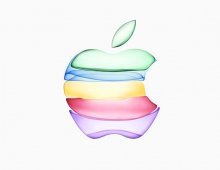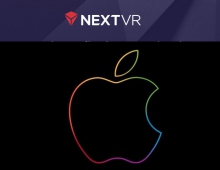
Khronos Releases OpenXR 1.0 Specification For the AR and VR Ecosystem
The Khronos Group consortium of hardware and software companies announced the ratification and public release of the OpenXR 1.0 specification together with publicly available implementations.
OpenXR is a unifying, royalty-free, open standard that provides cross-platform access to virtual reality (VR) and augmented reality (AR)— collectively known as XR—platforms and devices. The new specification can be found on the Khronos website and via GitHub.
“The working group is excited to launch the 1.0 version of the OpenXR specification, and the feedback from the community on the provisional specification released in March has been invaluable to getting us to this significant milestone,” said Brent Insko, OpenXR working group chair and lead XR architect at Intel. “Our work continues as we now finalize a comprehensive test suite, integrate key game engine support, and plan the next set of features to evolve a truly vibrant, cross-platform standard for XR platforms and devices. Now is the time for software developers to start putting OpenXR to work.”
After gathering feedback from the XR community during the public review of the provisional specification, improvements were made to the OpenXR input subsystem, game engine editor support, and loader. With this 1.0 release, the working group will evolve the standard while maintaining full backwards compatibility from this point onward.
OpenXR implementations from Khronos members are shipping this week, including the ‘Monado’ OpenXR open source implementation from Collabora, the OpenXR runtime for Windows Mixed Reality headsets from Microsoft, an Oculus OpenXR implementation for Rift, as well as Oculus Quest support coming upon ratification of OpenXR 1.0. Epic Games also plans to release OpenXR 1.0 support in Unreal Engine.
At SIGGRAPH 2019, OpenXR members Epic Games, Microsoft and Varjo will demonstrate XR applications targeting distinct VR and AR platforms, all while using the same OpenXR API.





















